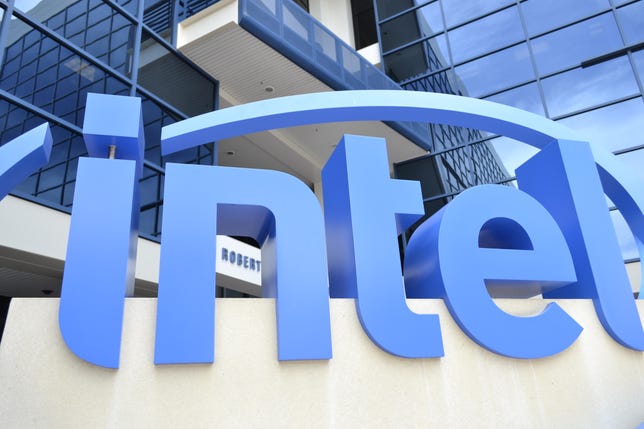
Ben Fox Rubin/CNET
After unveiling its first luxury smart bracelet this week, Intel said Friday it’s teaming up with watchmaker Fossil Group to push forward wearable technology in the fashion world.
The chipmaker said it plans to combine its technology and Fossil’s design capabilities to create new products and support growth of new kinds of wearables. Additionally, Fossil will work with Intel Capital, the company’s investment arm, to uncover co-investments and evaluate trends in wearables. Intel Capital is already invested in wearables startups, including Thalmic Labs, maker of an armband used to control computers with hand gestures, and Basis, a fitness-band maker Intel bought in March.
The Fossil joint project follows a series of announcements from Intel in recent weeks relating to wearables — devices such as smartwatches and fitness bands that can run apps or sync with other devices — as the chipmaker keeps up its expansion plans in that new market. Earlier this week, Intel unveiled its first luxury smart bracelet, called MICA, which was designed with fashion house Opening Ceremony and will be sold at high-end retailer Barneys New York. Last month, the company revealed new heart-rate-tracking headphones created with SMS Audio, rapper 50 Cent’s headphones company.
Fossil — which designs watches, belts and handbags — will gain from Intel’s tech and engineering expertise, and potentially allow it to jump into a wearables market already drawing in several major tech firms, including Samsung, LG and Sony. Apple is expected to introduce its first wearable Tuesday. Also, the partnership could help Fossil keep up with other traditional watchmakers, such as Timex, which already moved into selling wearables .
The Fossil effort keeps with Intel’s strategy of partnering with product makers, instead of it selling directly to consumers on its own. That plan allows Intel to work off its partners’ already established brands, retail presence and distribution networks, and focus instead on technology.
Intel has struggled to expand out of its core PC chipmaking business, so far failing to make a profit in mobile chips this year and agreeing to sell its young Internet-TV business to Verizon. Still, wearables are expected to grow rapidly in the coming years. Intel cited a 2013 study by researcher MarketsandMarkets that said the global wearables market will grow beyond $8 billion in revenue in 2018, up from about $2.5 billion in 2012.



